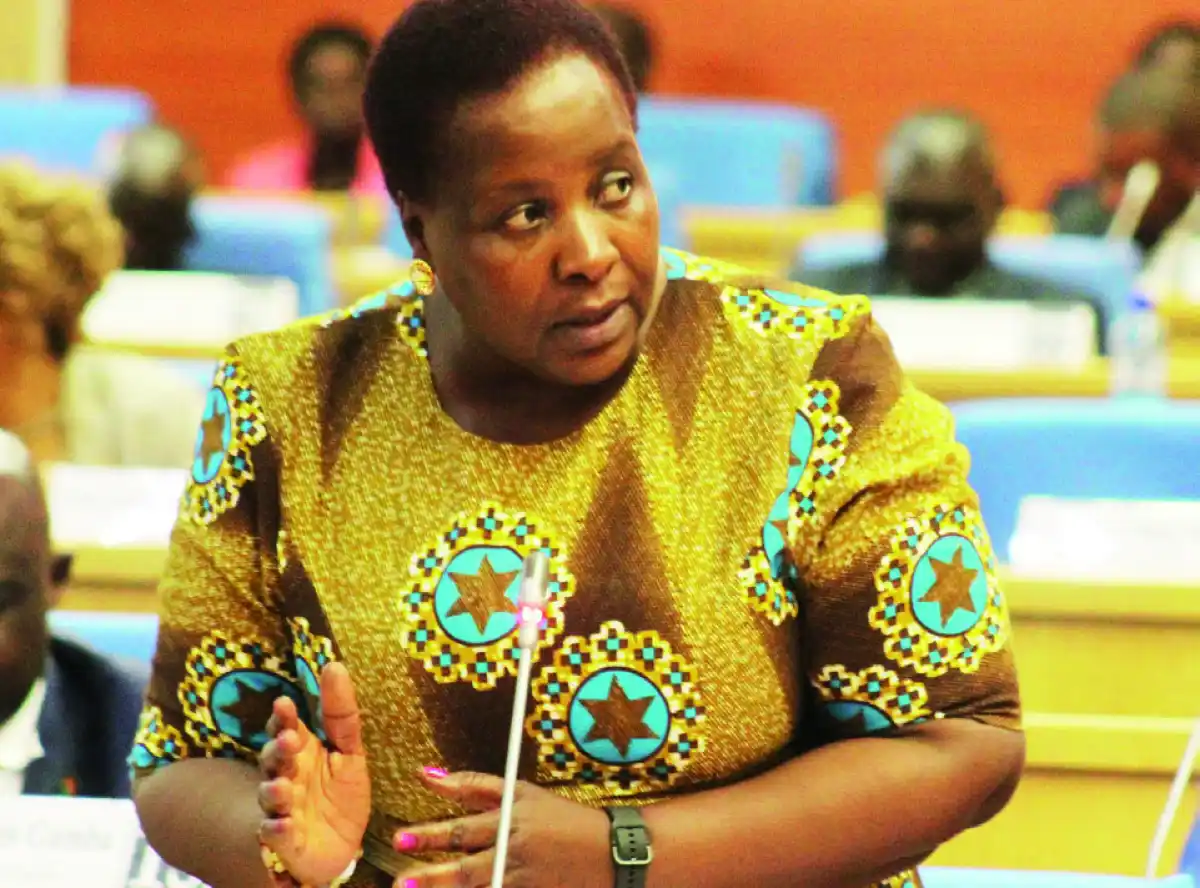
A study which National Association of Nurses and Midwives (Nonm) conducted has revealed that the health budget is ballooning, largely due to kabaza motorcycle taxi accidents.
Nonm indicates that, this year alone, the country’s public health sector is on course to spending K3.3 billion on treatment for kabaza casualties, a development researchers say is also putting a strain on healthcare workers.

Nomn President Shouts Simeza disclosed this in Lilongwe during the first-ever Malawi Nursing and Midwifery Scientific Conference and Nomn 9th Biennial General Assembly.
According to Simeza, the kabaza enterprise has killed many people and has led to many disabilities because the operators are people who are riding bicycles or motorcycles without proper training.
In addition, Simeza said the kabaza operators do not have skills that would enable them to ably ride motorbikes.
He added that the operators are not controlled and regulated, ride motorcycles without helmets and headgear and that any accident that occurs with them leads to either death or serious injuries.
Worse still, Simeza said, the management of just one patient in the theatre for orthopedic surgery, be it neurological surgery or other forms of surgery, takes the whole day of up to eight hours, meaning up to six healthcare workers attending to one patient all day, leaving the others waiting.
“And one surgery costs up to K3 million for fractures requiring open reduction, and internal or external fixation and up to K7.9 million for those fractures and injuries of the pelvis/acetabulum, brain injuries.
“Cumulatively, as at today, Malawi has up to over 670 orthopaedic in patients cases, all of them requiring surgical services. In a week, a hospital spends up to K20 million on ngozi [accidents] alone.
“It means for the 670 patients, Malawi will waste up to K3.38 billion and these resources would have been used to procure medicines, supplies and equipment for many patients with other conditions,” Simeza said.
The nurses and midwives chief has since proposed that the kabaza enterprise be seriously regulated by the Directorate of Road Traffic and Safety Services.
“And because we feel the pains associated with these accidents, nurses volunteer to be monitors to this directive, making sure that everybody complies. Those caught riding kabaza without helmets should be brought to book, including those that will be involved in any accident from the kabaza.
“Be it that somebody has fallen into severe injury, that one should be charged. Be it somebody has died from the kabaza accident, that one should also be charged.
“We are aware that the Directorate of Road Traffic and Safety Services has a road safety strategy that is being used to reduce road traffic accidents (at least by 50 percent) by 2030. We demand that this should not just he a paper and document, but should be utilised to the maximum,” Simeza said.
Speaking during a recent Trauma Conference, Health Minister Khumbize Kandodo Chiponda said time had come for Parliament to regulate kabaza operators.
“If we do not act now, we risk losing our productive citizens and seeing a surge in orphans and widows. The road accidents have reached a boiling point, and we need to take drastic measures,” Kandodo Chiponda said.
According to the Malawi Coalition for Kabaza Stakeholder and Association (Macokasa), Malawi has over 2.8 million kabaza operators.
Makocasa Chairperson Moses Mwalabu recently admitted that most kabaza operators were operating illegally.
He blamed the situation on existing policies which, he said, look at a motorcycle as a motor vehicle.
This, according to Mwalabu, has resulted in the import duty, licence and registration of a motorcycle being at par with that of motor vehicles.
Mwalabu said his institution had been negotiating with the Treasury to reduce the import duty on motorcycles from K750, 000 to K57, 000 for smaller motorcycles and K76,000 for bigger motorcycles.
According to Mwalabu, Macokasa has been conducting awareness meetings to sensitive its members on the need to observe self-regulation in as far as the issues of wearing crash helmets and sitting capacity on the motorcycles are concerned. Data of motorcycle accidents for 2022-2023 show that 1,800 people died from injuries sustained from kabaza accidents.







0 Comments